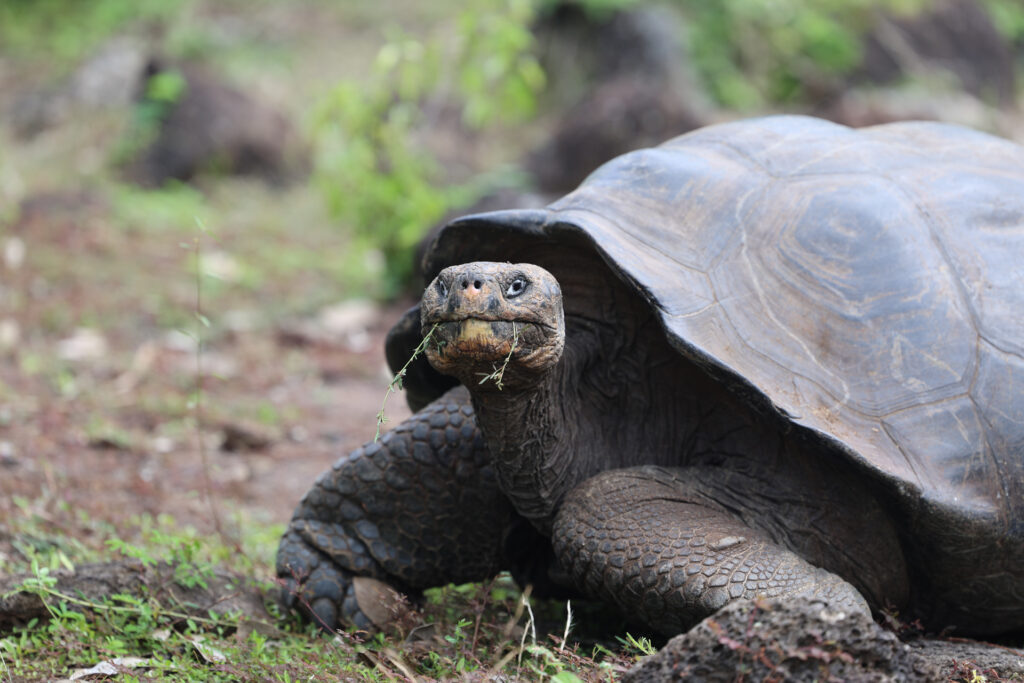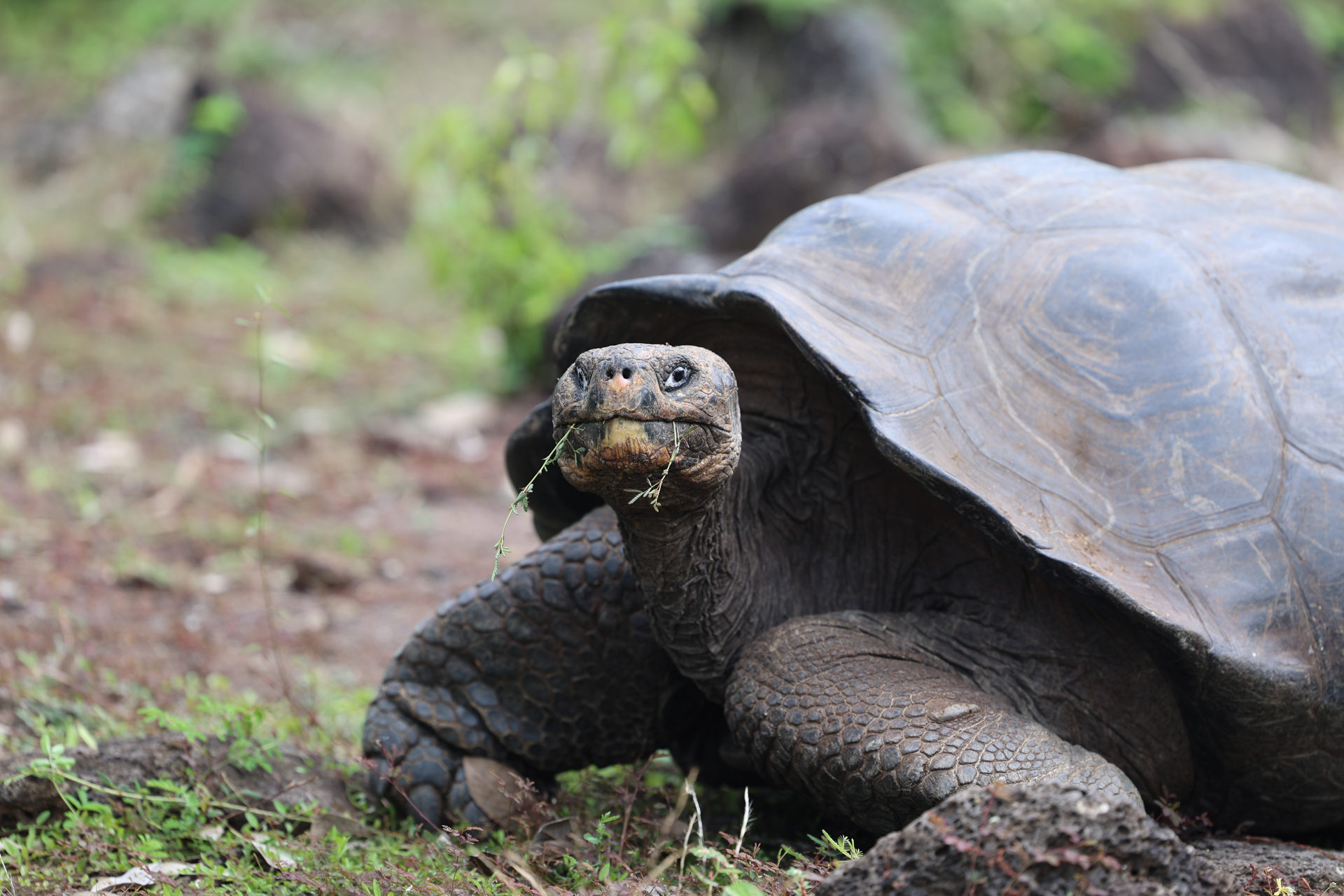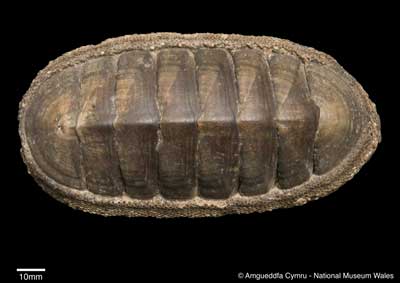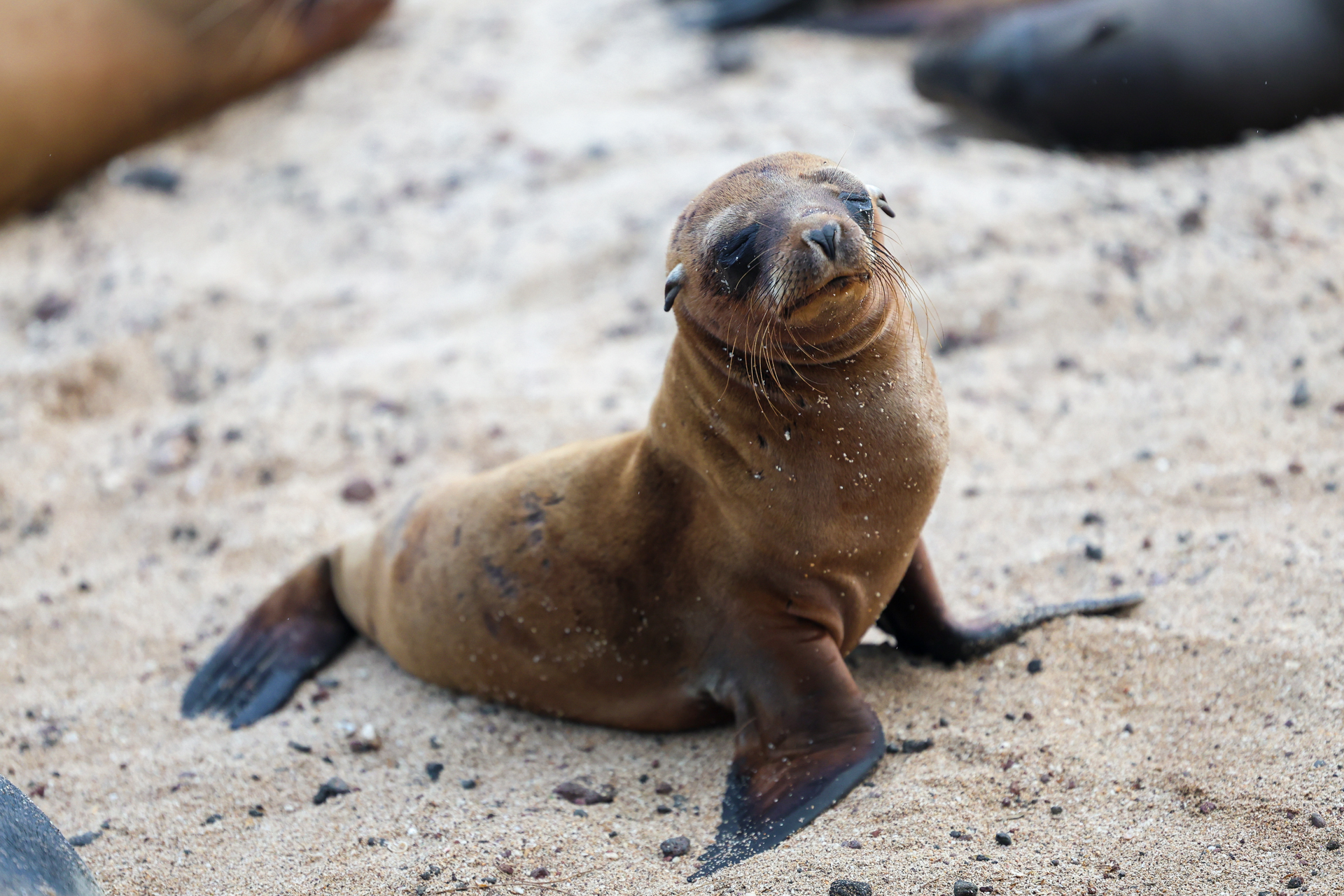Foto: Alam Coss
Los ecosistemas de Galápagos están en constante transformación debido a la interacción entre procesos naturales, animales y actividades humanas. Esta investigación analiza cómo distintas especies, tanto nativas como introducidas, influyen en el paisaje de las islas a través de sus movimientos, hábitos de alimentación y comportamiento, y cómo estos cambios se pueden observar con herramientas digitales de monitoreo ambiental.
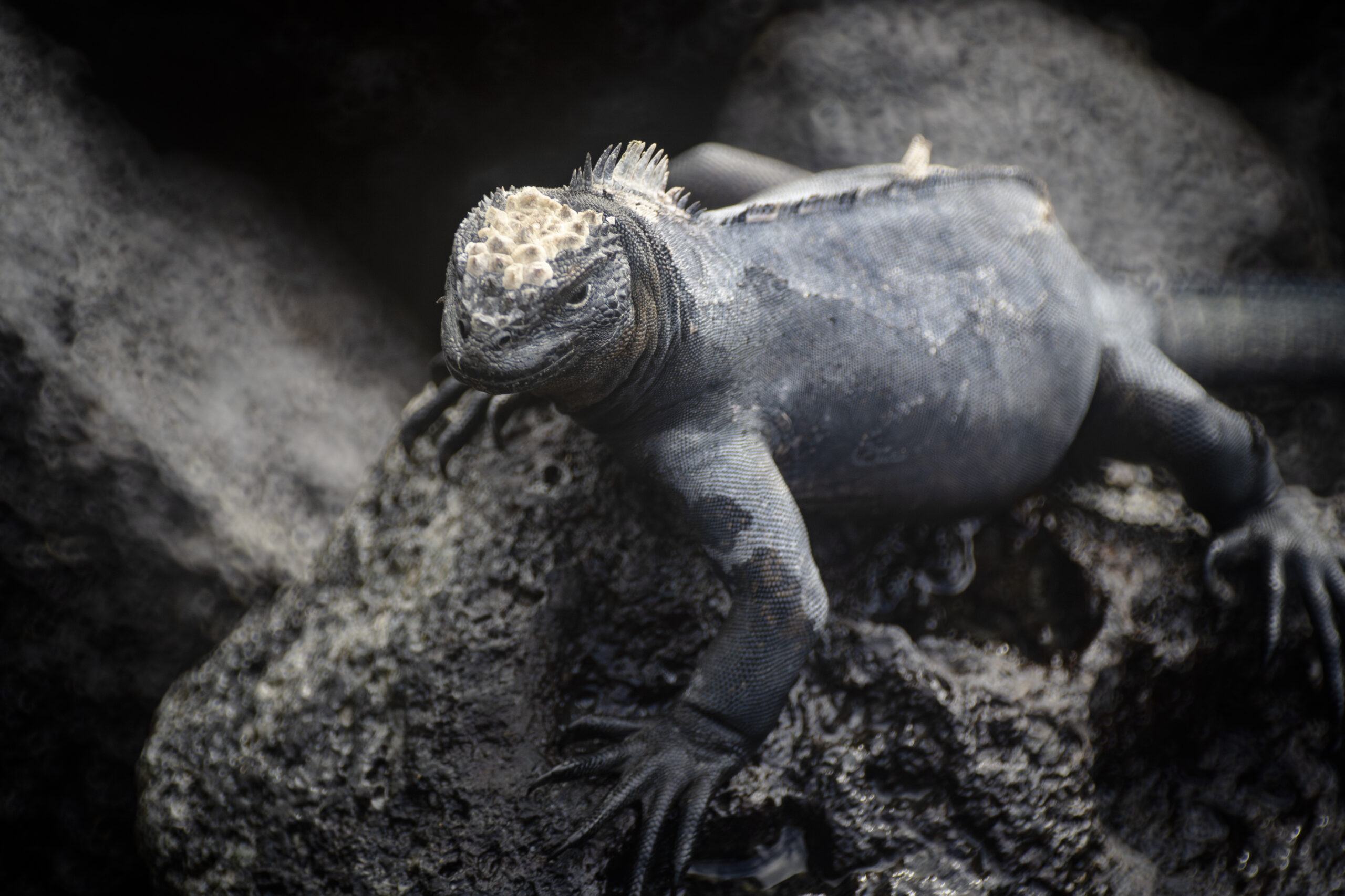
El objetivo de este estudio es comprender de qué manera los animales como tortugas gigantes, iguanas, aves, cabras y roedores contribuyen a modificar la vegetación y el uso del suelo, y al mismo tiempo evaluar cómo estas transformaciones están vinculadas a factores humanos como agricultura, urbanización e invasiones biológicas. La investigación busca generar información que oriente acciones de conservación basadas en evidencia.
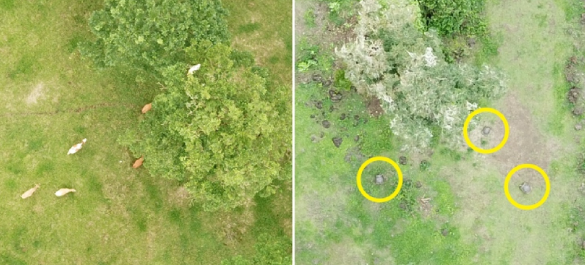
Para estudiar estos procesos, se integraron imágenes satelitales, drones, cámaras trampa, monitoreo acústico y GPS. Estas herramientas permitieron observar que los animales actúan como agentes de cambio: tortugas dispersan semillas y crean senderos, iguanas reducen vegetación leñosa, aves fertilizan el suelo y cabras e invasores como ratas alteran drásticamente los ecosistemas. Además, se detectó que la actividad humana fragmenta hábitats y modifica rutas de movimiento de especies.
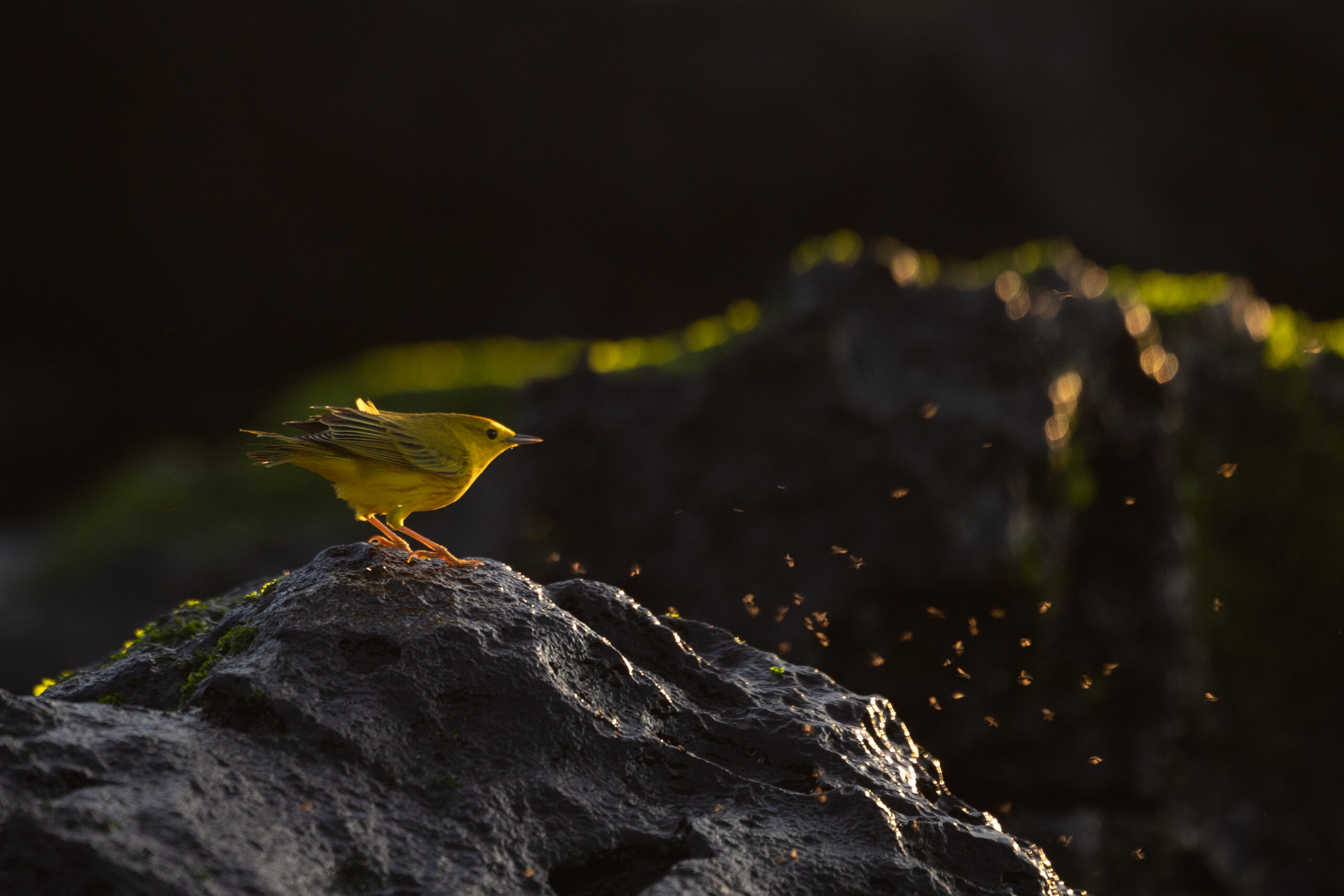
Foto: Andrew Russell
Los resultados muestran que la fauna, el paisaje y la actividad humana están estrechamente interconectadas. Comprender estas relaciones es fundamental para planificar la conservación en Galápagos. El uso de tecnologías de monitoreo remoto aporta datos precisos y continuos, esenciales para restaurar áreas afectadas, manejar especies invasoras y tomar decisiones de manejo ambiental informadas y sostenidas en el tiempo.
Lee el articulo completo aquí:

